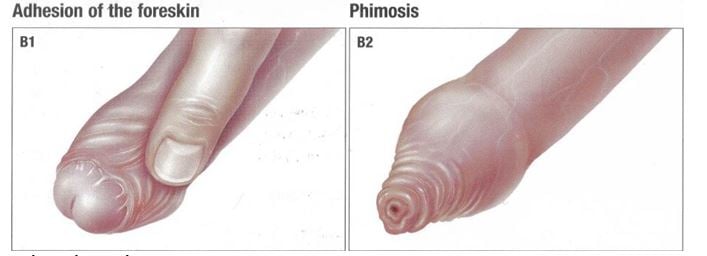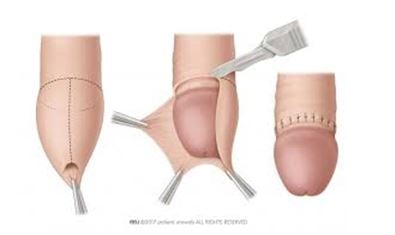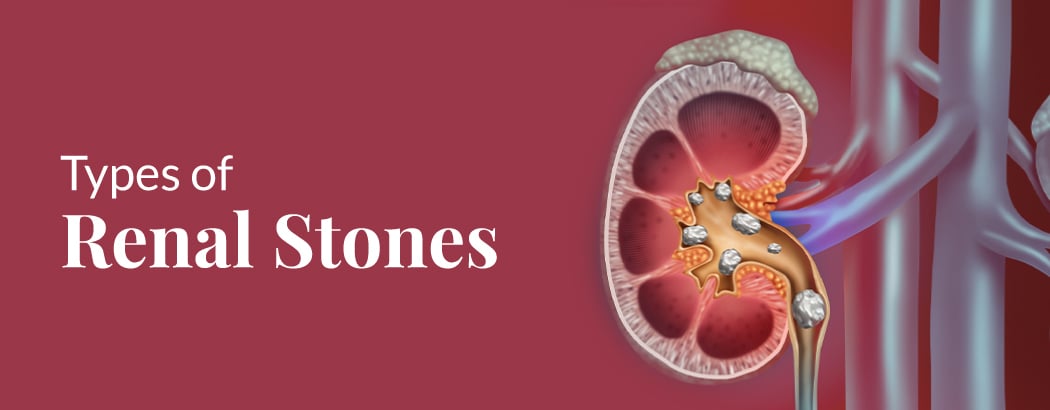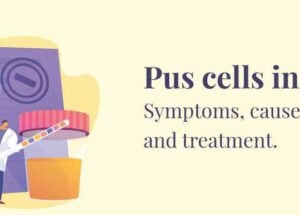Circumcision
A circumcision is an operation to cut away the foreskin of the penis. The foreskin is the sleeve of loose skin that covers the end (head) of the penis.
A circumcision may relieve problems such as a tight foreskin that:
- is causing problems with passing urine and/or causing infections
- is causing pain during sexual intercourse.

What is Circumcision Surgery?
Circumcision surgery is a surgical process that involves cutting off the foreskin from the head of the penis. In some cultures, it is a popular thing and can even be medically or religiously influenced. Urologists or pediatric surgeons perform the surgery, which is done on infants, children, or adults. It is important to talk to a health care provider about what can be expected from circumcision in terms of possible benefits, risks, and reasons.
What are the benefits for circumcision?
The surgical cutting off of the foreskin from the tip of the penis was a very disputable matter even hundreds of years ago. The supporters of this practice as well as the medics have listed numerous benefits attached to it. It should be noted, however, that people’s experiences and medical advice may differ, so it is best to seek medical advice. Here are some of the commonly discussed benefits of circumcision:
- Hygiene: The hygienic reasons behind circumcision also include smegma removal, as it’s the combination of dead skin cells and body fluids.
- Reduced Risk of Infections: Circumcising lowers infancy urinary tract infections. Also, it decreases the possibility of adults acquiring STIs such as HIV/AIDS, herpes, and syphilis. Therefore, condoms remain crucial in STIs’ prevention.
- Lower Risk of Penile Cancer: Circumcision may lower the risk of penile cancer- some studies indicate this.
- Decreased Risk of Phimosis: Phimosis may be prevented by doing circumcision because of overly tight skin around the tip of the penis.
- Improved Sexual Function: There is an increase in sensitivity and ease of getting excited after circumcision in some men, but not all.
- Cultural and Religious Reasons: Circumcision is an important rite or custom in most of the cultures and faiths around the globe.
Besides, circumcision is a contentious procedure accompanied by pain, bleeding, infection, and undesirable aesthetic effects. Circumcision should depend on the health considerations of a person, his culture, and his consultation with health providers. Thus, taking into consideration the advantages and disadvantages should be done before deciding on a circumcision.
Risks and complications
- Heavy bleeding during or after the operation – this can cause bruising which may go away by itself or you may need another operation to drain the blood away
- An infection at the operation site.
- Scarring and narrowing at the opening of the tip of the penis.
- Dissatisfaction with the appearance of the circumcised penis
- With the removal of your foreskin, the end of the penis feels different. You may have less sensitivity at the tip of the penis.
Before procedure
It is important that you stop smoking for at least 24 hours before your operation to reduce the risk of chest problems. Smoking can also delay wound healing because it reduces the amount of oxygen that goes to the tissues.
If you are taking any blood thinning medications like aspirin, clopidrogel, warfarin,dabigetron etc, please inform the urologist.
During the operation
Your operation takes about 20 to 30 minutes plus time You should be able to go home on the same day, although your doctor will confirm this with you at your consultation.
A circumcision can be performed under local anaesthetic or general anaesthetic.
Local anaesthetic injection ‘freezes’ a specific area of your body so it is pain free. This will make your penis numb and pain free for eight to 10 hours after the operation.
In spinal anaesthesia, an injection is given into your back and you will not be able to feel anything below your waist.
In general anaesthetic, which puts you to sleep for the entire procedure.

After the operation
You can expect some discomfort after the anaesthetic wears off and we will give you pain relief for this. It is important that you take this medicine on a regular basis for the first few days
You might feel dizzy and tired when you go home after the operation if you have had a general anaesthetic. Please rest for the remainder of the day and the following day to help you recover from the general anaesthetic. It will take 24 to 48 hours to wear off completely but you do not need to stay in bed for the whole of this period. Gently moving around your home will help your blood circulation and help to prevent blood clots.
You may also have:
- Swelling – you can expect a little swelling and bruising at the wound site. There may also be a bit of oozing yellow coloured fluid. This is normal and nothing to worry about, although it may take about three to four weeks for your wound to heal completely.
- Stitches – these will dissolve or fall out on their own about 14 to 21 days after the operation. Some of the last pieces may take four to six weeks to dissolve or disappear. They do not need to be removed.
- Wound dressing – as per doctors’ instructions
- It is possible you may have some bleeding from the foreskin, although this is unusual. If bleeding does occur, use a clean cloth and press firmly on the area that is bleeding for 15 minutes. If the bleeding does not stop after 15 minutes you will need to see the urologist.
- Glans sensitivity – the glans (head of your penis) will feel extra sensitive for the first two weeks after the operation. This will then settle down and over time you will notice that the glans becomes less sensitive than it was before the operation.
- Wound appearance – in the initial six weeks after the operation, the head of the penis and the skin around the wound site may appear swollen but this will settle down and by six months post-operation will have returned to normal.
- Sexual activity – you should refrain from all sexual activity for four weeks after the operation.
Every patient reacts differently to anaesthetic and there is no definite rule as to when you should return to work. Most people take a week off work, although this will depend on your recovery and the type of work that you do. If you work in an office, you should take at least two to three days off after your operation. If your job involves manual labour, please do not work for a week after your operation. Have some rest to help you to heal and to let the anaesthetic wear off properly. Please do not return to work until you feel ready to do so.
It is important to keep your wound clean and dry – pat the wound gently when drying. Do not put creams or ointments on your penis until it has fully healed. This will help prevent any delay in the healing of your wound. Sometimes the head of the penis can be dry – you could use a small amount of Vaseline to keep it moisturised.
You can have a bath or shower as often as you wish, from the day after your procedure. You might feel dizzy at first, following the anaesthetic, so please have an adult around to help you if needed and keep the bathroom door unlocked.
Contact the urologist again you have:
- excessive pain
- persistent bleeding
- a high temperature (38°C/100.4F or above)
- difficulty passing urine
- redness, inflammation and pain at the wound site
- a large amount of swelling
- an abnormal colour at or around your wound site
- pus coming from your wound








